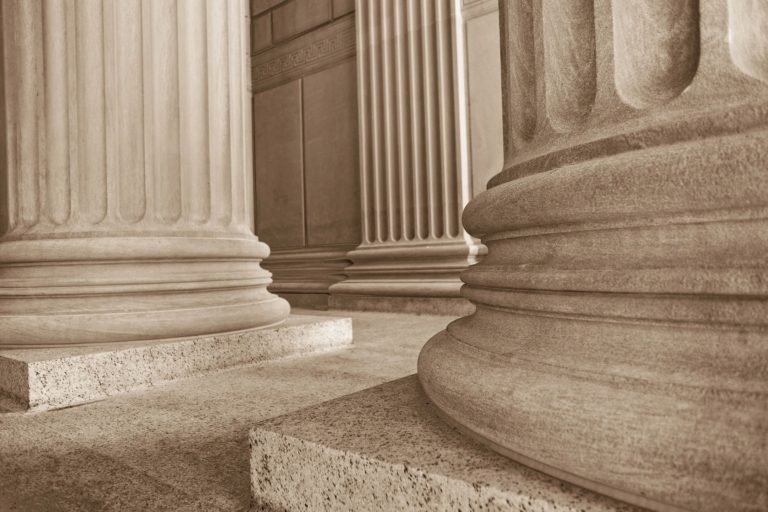America’s Great Resignation has left more than 10 million vacant jobs in America.
Employers also need to address the discrimination and inequity that pervade our economy and society. Employers can address both by improving access to employment for justice-impacted individuals.
More than 70 million people have some form of criminal or arrest record and they often face unnecessary barriers to employment, education, and housing.
Racial inequities mean people of color disproportionately suffer the economic disenfranchisement that a record imposes. To help, businesses can maximize the potential of a vast and diverse talent pool and expand their own second-chance hiring programs.
The American Family Insurance Institute for Corporate and Social Responsibility is focusing on supporting families who have been impacted by the justice system.
The company has removed any upfront questions about past justice involvement on job applications. They also got rid of any checkboxes asking individuals if they had a criminal record and updated job postings to make clear we would consider qualified candidates with criminal histories.
They also partnered with two organizations to help recruit justice-involved individuals. Next Chapter, a national nonprofit which provides coding education and apprenticeships for people while incarcerated and JustDane, a nonprofit to ensure people with records have the resources and services necessary to succeed.
Studies show hiring individuals with criminal records actually reduces crime and also helps families since nearly half of all children in America have a parent with a record and may therefore face major life hurdles, including financial stress in the family.
It also helps communities and lowers the need for long-term government support like unemployment benefits.
Every employer should consider adopting fair chance hiring practices because these employees have also been repeatedly shown to be loyal and productive team members.
Businesses should also publicly supporting legislation that makes it easier for people with records to obtain meaningful employment.
Second-chance hiring could help with America’s labor shortage
- 01/08/2022
- 12:43 pm
admin
Thinker & Designer
Share on facebook
Share on twitter
Share on pinterest
Share on reddit
Recent Posts

10 August, 2022
Mitchell Hamline School of Law in St. Paul, Minn. this summer accepted their first incarcerated student....

09 August, 2022
Financial inclusion is the term used for efforts to make basic banking and financial products safe, affordable,...

08 August, 2022
According to NYN Media, New York City should work with unions and re-entry providers to provide work...

05 August, 2022
Southern California is based on a reputation for offering its citizens the promise of education, jobs,...

04 August, 2022
After the murder of George Floyd ignited nationwide protests, corporate America promised to take an active...

03 August, 2022
President Biden signed Executive Order 13985 on his first day in office. That order advances racial equity...

02 August, 2022
In the wake of the killing of George Floyd and amid calls for greater social justice, the U.S. stock...
No posts found



